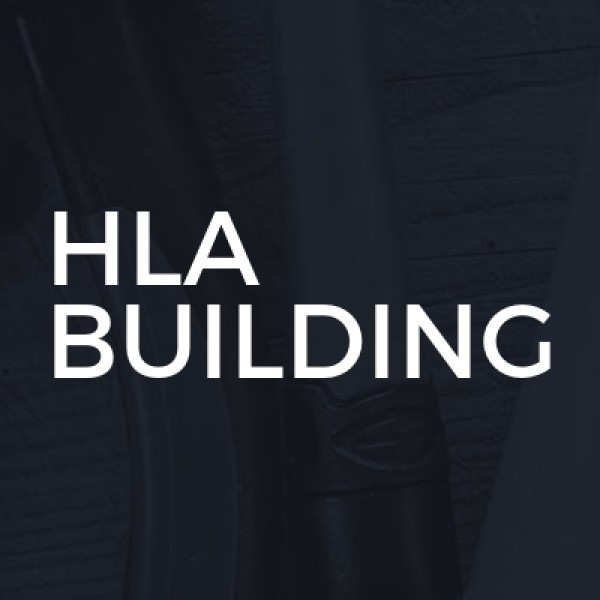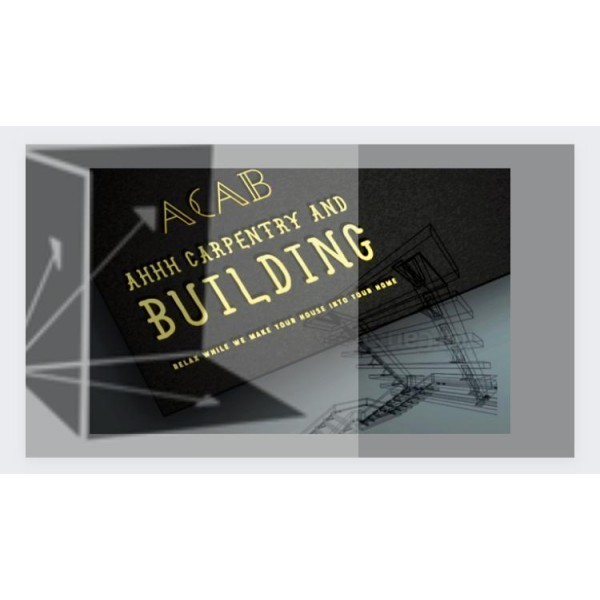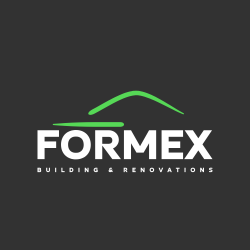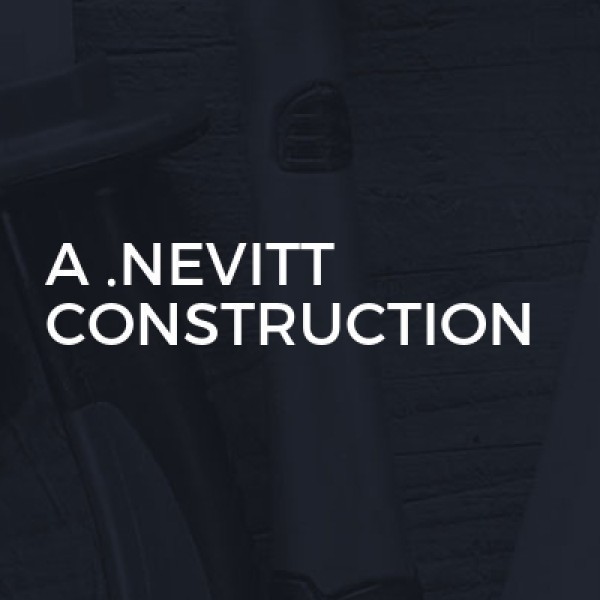Loft Conversions in Falmouth
Filter your search
Post your job FREE and let trades come to you
Save time by filling out our simple job post form today and your job will be sent to trades in your area so you can sit back, relax and wait for available trades to contact you.
Post your job FREESearch Loft Conversions in places nearby
Understanding Loft Conversions in Falmouth
Loft conversions in Falmouth have become increasingly popular as homeowners seek to maximise their living space without the hassle of moving. This charming coastal town offers unique opportunities and challenges for those considering a loft conversion. In this article, we'll explore the ins and outs of loft conversions in Falmouth, providing you with the knowledge needed to make informed decisions.
The Appeal of Loft Conversions
Loft conversions are an attractive option for many reasons. They allow homeowners to utilise unused space, increase property value, and create a personalised area tailored to their needs. In Falmouth, where property prices can be steep, converting a loft is often more cost-effective than purchasing a larger home.
Maximising Space
One of the primary benefits of a loft conversion is the ability to maximise space. In Falmouth, where homes can be compact, a loft conversion provides an opportunity to expand living areas without altering the building's footprint. This is particularly advantageous in areas with limited garden space.
Increasing Property Value
Loft conversions can significantly increase the value of a property. In Falmouth, where the housing market is competitive, adding an extra bedroom or office space can make a home more appealing to potential buyers. This investment often yields a high return, making it a smart financial decision.
Customisation and Personalisation
Loft conversions offer a blank canvas for homeowners to create a space that suits their lifestyle. Whether it's a cosy bedroom, a home office, or a playroom for the kids, the possibilities are endless. In Falmouth, where the coastal lifestyle is cherished, a loft conversion can even be designed to capture stunning sea views.
Types of Loft Conversions
There are several types of loft conversions to consider, each with its own set of advantages and considerations. The choice largely depends on the existing structure of the home and the homeowner's needs.
Velux Loft Conversion
A Velux loft conversion is the simplest and most cost-effective option. It involves installing Velux windows into the existing roofline, allowing natural light to flood the space. This type of conversion is ideal for homes with sufficient headroom and is often the quickest to complete.
Dormer Loft Conversion
Dormer conversions are popular in Falmouth due to their ability to add headroom and floor space. A dormer is an extension that projects vertically from the existing roof, creating additional space and allowing for larger windows. This type of conversion is versatile and can be adapted to suit various styles of homes.
Mansard Loft Conversion
Mansard conversions involve altering the roof structure to create a flat roof with a steep back wall. This type of conversion is often used in terraced houses and can provide a significant amount of additional space. However, it typically requires planning permission due to the extent of structural changes.
Hip to Gable Loft Conversion
Hip to gable conversions are suitable for homes with a hipped roof. This involves extending the sloping side of the roof to create a vertical wall, increasing the internal space. This type of conversion is common in semi-detached and detached houses in Falmouth.
Planning Permission and Building Regulations
Before embarking on a loft conversion in Falmouth, it's essential to understand the planning permission and building regulations involved. While some conversions fall under permitted development rights, others may require formal approval.
Permitted Development Rights
In many cases, loft conversions can be carried out under permitted development rights, meaning no formal planning permission is required. However, there are specific criteria that must be met, such as volume limits and restrictions on altering the roofline.
When Planning Permission is Required
Planning permission is typically required for more extensive loft conversions, such as mansard or hip to gable conversions. Additionally, if the property is in a conservation area or is a listed building, planning permission will likely be necessary.
Building Regulations
Regardless of whether planning permission is needed, all loft conversions must comply with building regulations. These regulations ensure the safety and structural integrity of the conversion, covering aspects such as fire safety, insulation, and access.
Choosing a Loft Conversion Specialist
Selecting the right specialist is crucial to the success of a loft conversion. In Falmouth, there are numerous professionals with expertise in this area, but it's important to choose one with a proven track record.
Research and Recommendations
Start by researching local specialists and seeking recommendations from friends or family who have undertaken similar projects. Online reviews and testimonials can also provide valuable insights into a company's reputation and quality of work.
Experience and Expertise
When evaluating potential specialists, consider their experience and expertise in loft conversions. A company with a long history of successful projects in Falmouth will likely have a deep understanding of local building regulations and challenges.
Obtaining Quotes and Comparing Costs
It's advisable to obtain quotes from multiple specialists to compare costs and services. Be wary of quotes that seem too good to be true, as they may indicate subpar materials or workmanship. A detailed quote should outline all aspects of the project, including materials, labour, and any additional costs.
Design Considerations for Loft Conversions
The design of a loft conversion is a critical aspect that influences its functionality and aesthetic appeal. In Falmouth, where coastal views and natural light are prized, thoughtful design can enhance the overall living experience.
Optimising Natural Light
Maximising natural light is a key consideration in loft conversions. Velux windows, dormer windows, and skylights can all be used to brighten the space and create a welcoming atmosphere. In Falmouth, capturing views of the sea or surrounding countryside can add significant value to the conversion.
Space Planning and Layout
Effective space planning is essential to ensure the loft conversion meets the homeowner's needs. Consideration should be given to the placement of furniture, storage solutions, and access points. In smaller lofts, clever design can make the most of limited space.
Interior Design and Finishes
The interior design and finishes of a loft conversion can greatly impact its overall appeal. In Falmouth, incorporating coastal-inspired elements, such as light colours and natural materials, can create a harmonious connection with the surrounding environment.
Cost Considerations for Loft Conversions
The cost of a loft conversion in Falmouth can vary significantly depending on the type of conversion, materials used, and the complexity of the project. It's important to have a clear understanding of the potential costs involved before proceeding.
Factors Influencing Cost
Several factors can influence the cost of a loft conversion, including the size of the space, the type of conversion, and the quality of materials. Additional costs may arise from planning permission, building regulations, and unforeseen structural issues.
Budgeting and Financing
Creating a detailed budget is essential to ensure the project remains financially viable. Consider all potential costs, including design fees, construction, and finishing touches. Financing options, such as home improvement loans or remortgaging, may be available to help cover the costs.
Cost-Saving Tips
There are several ways to save on the cost of a loft conversion without compromising on quality. Opting for a simpler conversion type, sourcing materials locally, and undertaking some of the work yourself can all help reduce expenses.
Common Challenges and Solutions
Loft conversions can present a range of challenges, from structural issues to planning permission hurdles. However, with careful planning and the right expertise, these challenges can be overcome.
Structural Challenges
Structural challenges, such as insufficient headroom or load-bearing walls, can complicate a loft conversion. A thorough structural assessment by a qualified professional can identify potential issues and provide solutions, such as reinforcing beams or adjusting the roofline.
Planning Permission and Regulations
Navigating planning permission and building regulations can be daunting, but it's a crucial part of the process. Engaging a specialist with experience in Falmouth can help ensure all legal requirements are met, avoiding costly delays or penalties.
Managing Disruptions
Loft conversions can be disruptive, particularly in occupied homes. Effective project management and clear communication with the construction team can minimise disruptions and ensure the project runs smoothly.
Environmental Considerations
As environmental awareness grows, many homeowners in Falmouth are seeking sustainable solutions for their loft conversions. Incorporating eco-friendly practices can reduce the environmental impact and enhance the home's energy efficiency.
Energy Efficiency
Improving energy efficiency is a key consideration in loft conversions. Insulating the roof and walls, installing energy-efficient windows, and using sustainable materials can all contribute to a more environmentally friendly conversion.
Renewable Energy Options
Incorporating renewable energy options, such as solar panels or heat pumps, can further enhance the sustainability of a loft conversion. These technologies can reduce energy bills and contribute to a greener future.
Eco-Friendly Materials
Choosing eco-friendly materials, such as reclaimed wood or low-VOC paints, can reduce the environmental impact of a loft conversion. These materials are often more sustainable and can create a healthier living environment.
Frequently Asked Questions
What is the average cost of a loft conversion in Falmouth?
The cost of a loft conversion in Falmouth can vary widely, but on average, it ranges from £20,000 to £50,000, depending on the type and complexity of the conversion.
Do I need planning permission for a loft conversion in Falmouth?
Planning permission is not always required for loft conversions, as many fall under permitted development rights. However, more extensive conversions or those in conservation areas may require approval.
How long does a loft conversion take?
The duration of a loft conversion can vary, but most projects take between 6 to 12 weeks to complete, depending on the complexity and size of the conversion.
Can I live in my home during the loft conversion?
Yes, most homeowners can continue living in their homes during a loft conversion, although there may be some disruptions. Effective communication with the construction team can help minimise inconvenience.
What types of loft conversions are best for small spaces?
For smaller spaces, a Velux or dormer loft conversion is often the best option, as they require minimal structural changes and can maximise available space.
How can I ensure my loft conversion is energy efficient?
To ensure energy efficiency, focus on proper insulation, energy-efficient windows, and sustainable materials. Incorporating renewable energy options can further enhance efficiency.
Loft conversions in Falmouth offer a fantastic opportunity to expand living space, increase property value, and create a personalised environment. By understanding the different types of conversions, planning requirements, and design considerations, homeowners can embark on a successful loft conversion journey. With the right expertise and careful planning, a loft conversion can transform a home and enhance the coastal living experience in Falmouth.


















